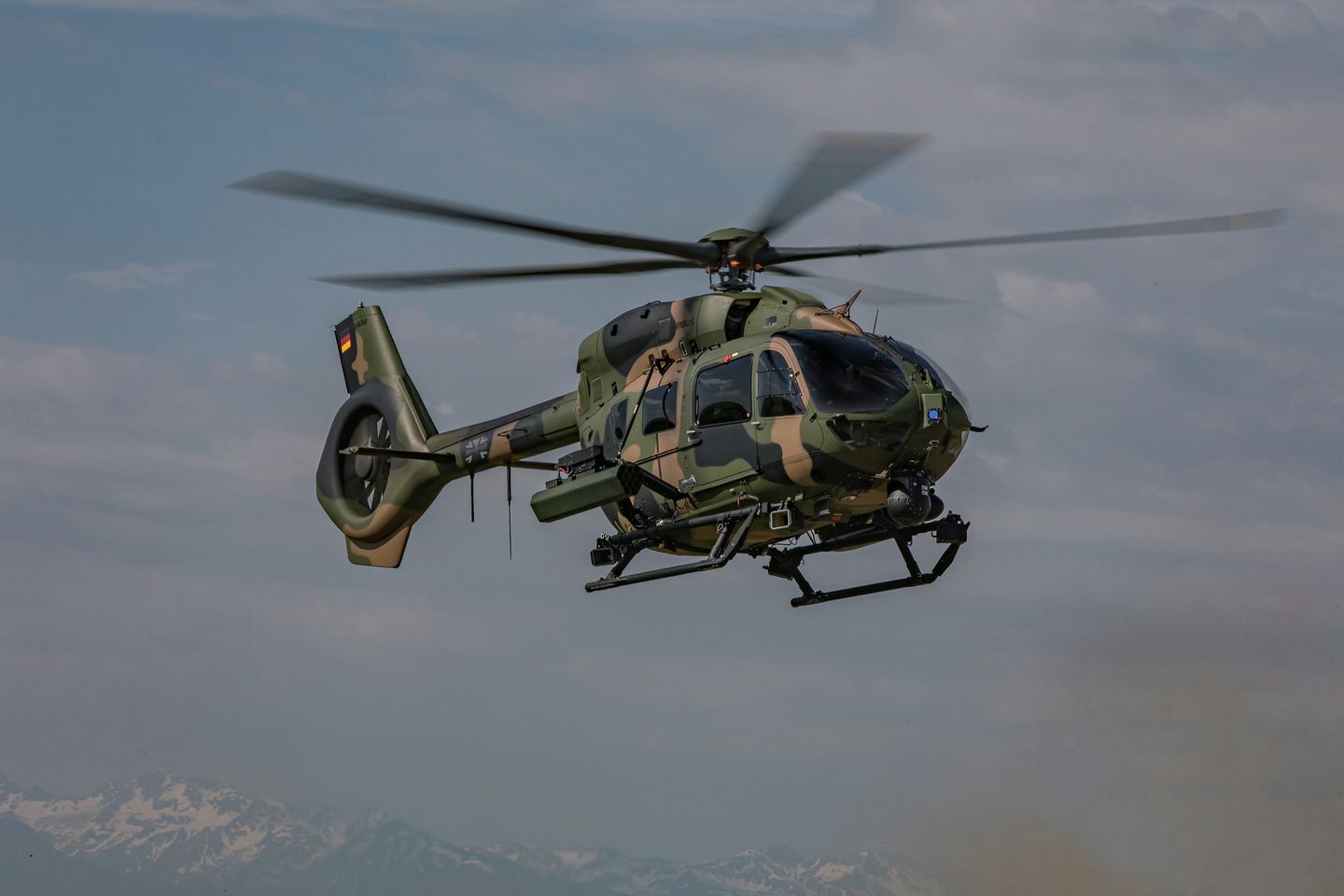
Germany is pushing ahead with its military modernization drive by purchasing 20 additional Airbus H145 helicopters worth nearly 1 billion euros ($1.2 billion).
The new acquisition is set for delivery between 2027 and 2029, Reuters reported. It builds on a 2023 framework agreement that allows the German forces to buy up to 82 of the light utility aircraft. So far, 62 have been ordered.
Maintaining and operating the entire fleet of 82 H145Ms will cost nearly 3 billion euros ($3.5 billion) through 2048, according to government estimates. The finance ministry paper is expected to be presented to lawmakers in the coming days.
Unlike the previous batch, the latest order is specifically tailored to expand combat and training capacity. Fifteen helicopters will be configured for fighting roles and another five for training Germany’s special forces.
Funding will come from a special fund established in 2022 to accelerate the modernization of the armed forces following Russia’s invasion of Ukraine.
The Airbus deal is also expected to benefit several defense suppliers. Electronics specialist Hensoldt will provide night-vision and electronic warfare systems for the aircraft, while other subcontractors will handle avionics, communications, and weapons integration.
Broader Push to Modernize German Forces
The helicopter purchase is part of a wider overhaul of Germany’s armed forces, which for years has been dogged by chronic underfunding and equipment shortages.
Since Chancellor Olaf Scholz’s landmark 2022 “Zeitenwende” speech pledging a historic shift in defense policy, Berlin has embarked on a sweeping modernization effort to rebuild military readiness and strengthen NATO’s eastern flank.
Among the major projects already underway are the procurement of 35 US-made F-35 fighter jets to replace aging Tornado aircraft and the acquisition of Leopard 2A8 main battle tanks.
Berlin has also committed to purchasing Patriot missile systems to expand its protection against missile and drone threats.
Investment has gone beyond hardware. The government is upgrading communications and command infrastructure to ensure interoperability with NATO allies, developing cyber defense capabilities to counter digital threats, and replenishing ammunition and spare parts stockpiles depleted over years of neglect.
Germany has also joined multinational efforts such as the European Sky Shield Initiative, aimed at creating a continent-wide missile defense network, and increased funding for the NATO Rapid Deployment Corps.